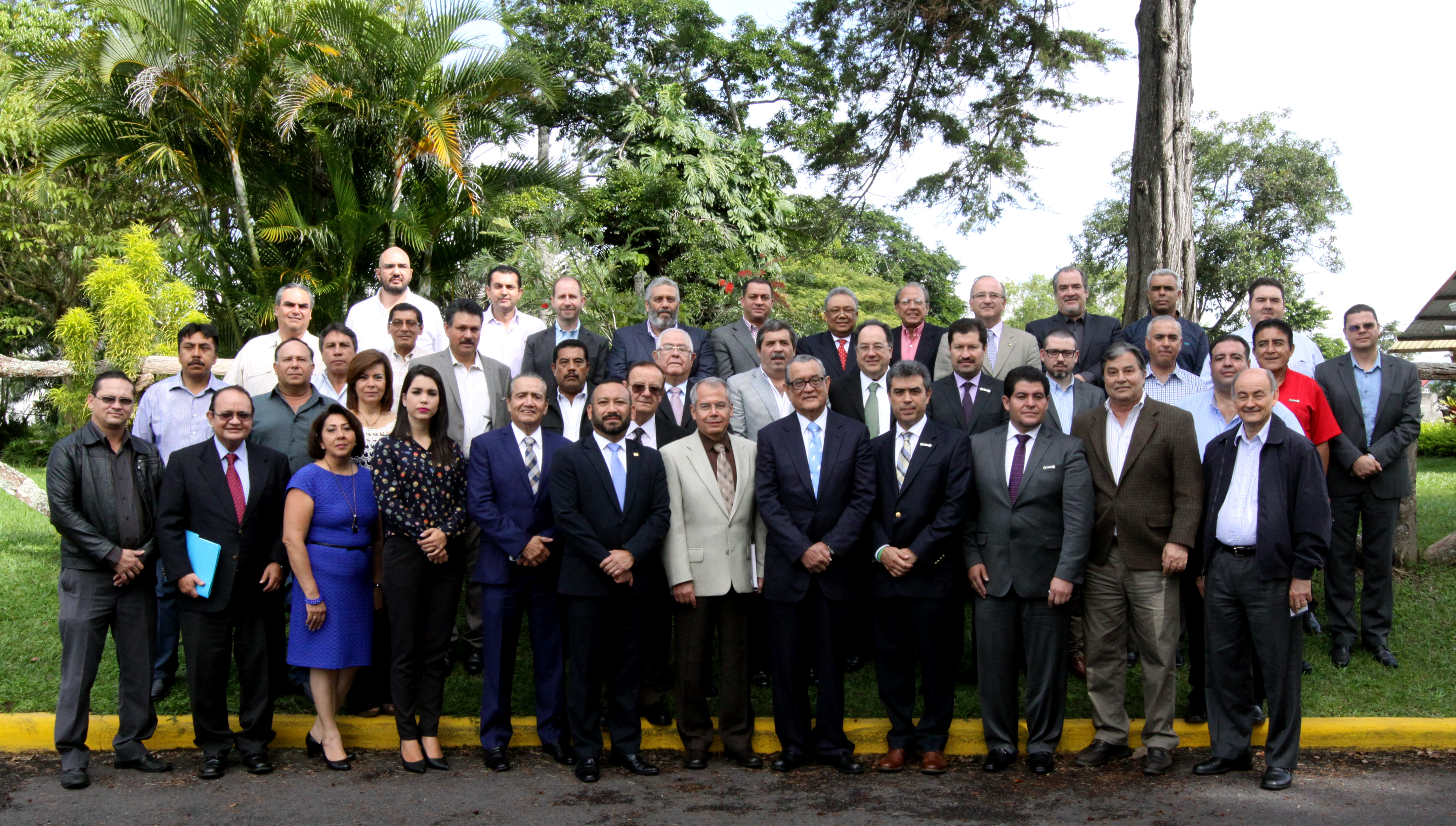Innovation: the challenge facing wholesale agricultural markets

San Jose, 19 November 2015 (IICA). Wholesale fresh produce markets in the region face major challenges, such as ensuring the quality and safety of agricultural products, improving the services provided by the various groups involved in the agricultural chain, and competing with large supermarket chains. The development of technical, business and technological capabilities is of key importance in creating wholesale markets for the 21st century.
Nearly 35 representatives of wholesale markets from more than 12 Latin American and Caribbean countries are receiving training at the First Hemispheric Workshop on the Modern Management of Wholesale Markets, organized by the Inter-American Institute for Cooperation on Agriculture (IICA) and the Latin American Federation of Wholesale Food Markets (FLAMA).
The objective of the activity is to enhance the technical, management, technological, environmental, and social capabilities of the administrative staff of wholesale markets.
“These markets facilitate and contribute to innovation in agriculture, job creation, and food safety, and the reduction of food losses,” explained IICA’s Director of Technical Cooperation, Salvador Fernández.
Agricultural marketing systems are faced with a series of changes, mainly in the agricultural supply chain and the sale and distribution of fruits and vegetables at the retail level. They also have to contend with increasingly demanding consumers and customers.
“Family agriculture benefits from establishments of this kind, but regional integration, distribution and safety need to be improved, and new business models applied,” noted IICA agribusiness and marketing specialist Frank Lam.
The experts in charge of the workshop are convinced that innovation can modernize and increase the competitiveness and efficiency of wholesale markets.
Fourth-generation markets
The wholesale markets of the 21st century can incorporate new technologies into their distribution systems. Internet purchases and cell phone apps are some of the tools that can be used to increase the value added of this sector.
The administrative staff of wholesale markets require training and technical education if such markets are to become more efficient. Sustainable infrastructure also needs to be developed, along with niche markets such as organic agriculture and local products.
“These markets are not only the ones feeding the population; they represent our people and cultures. That is why we want them to develop the capabilities demanded by the modern market,” observed the Secretary General of FLAMA, Arturo Fernández.
The three-day-long workshop is taking place in Costa Rica this week. Mexico’s Ambassador to Costa Rica, Fernando Baeza Meléndez, took part in the inaugural ceremony of the activity.
More information: